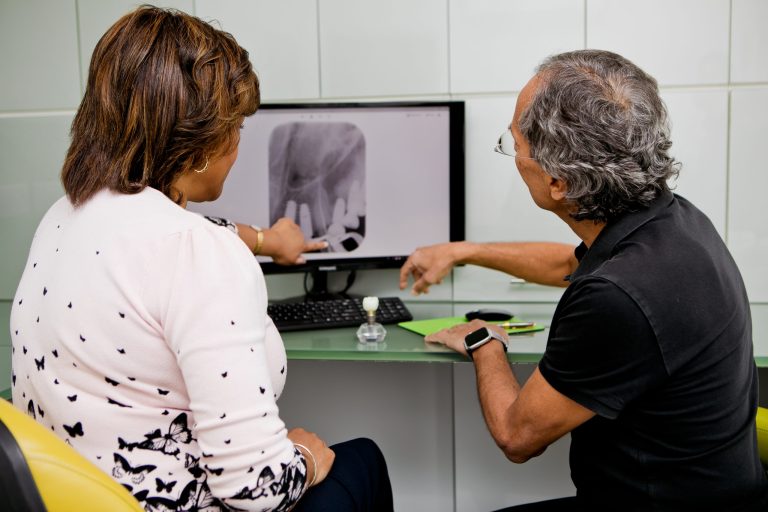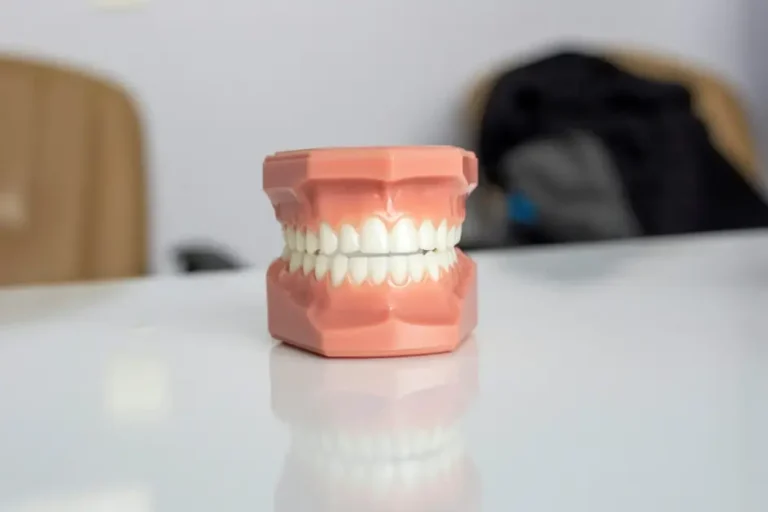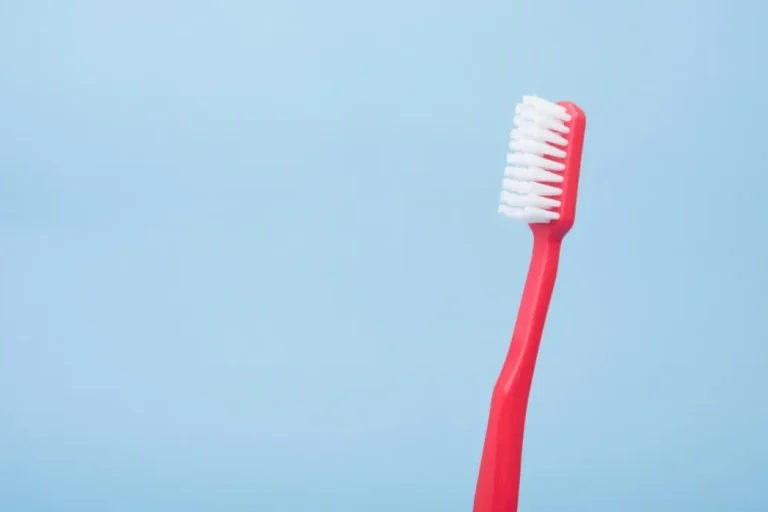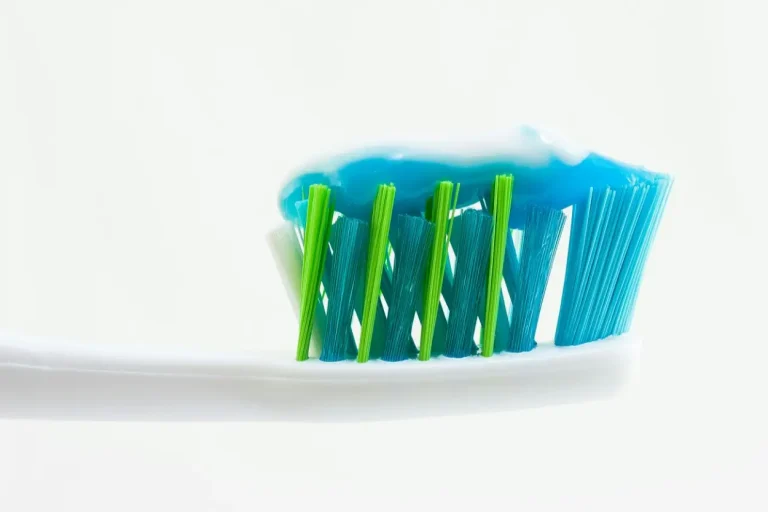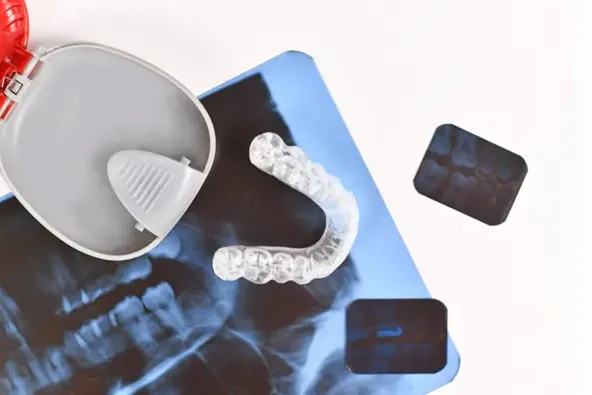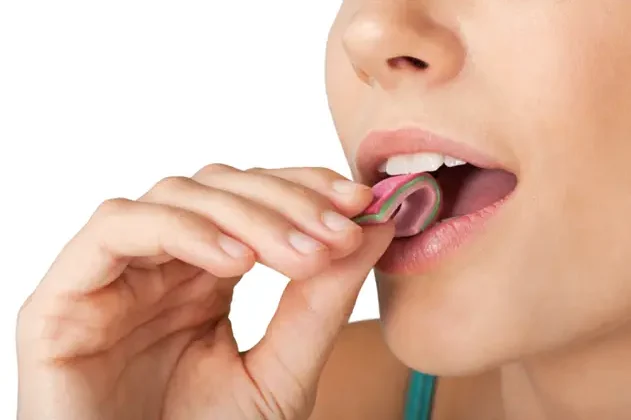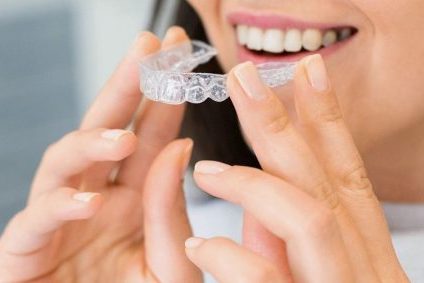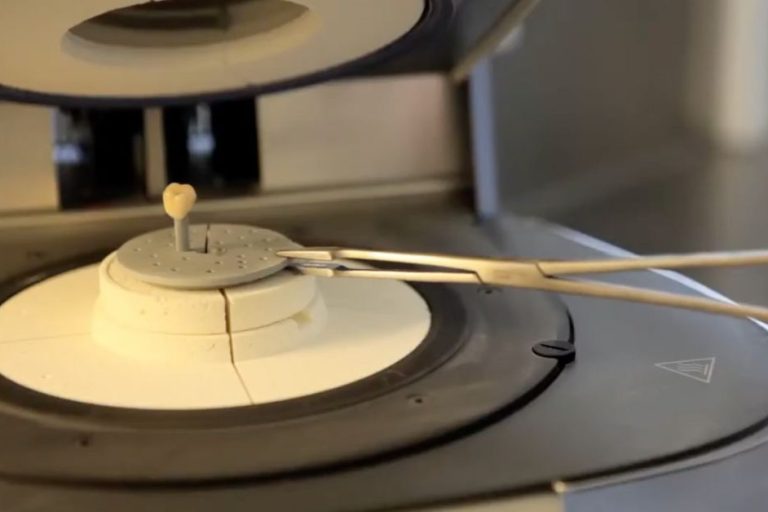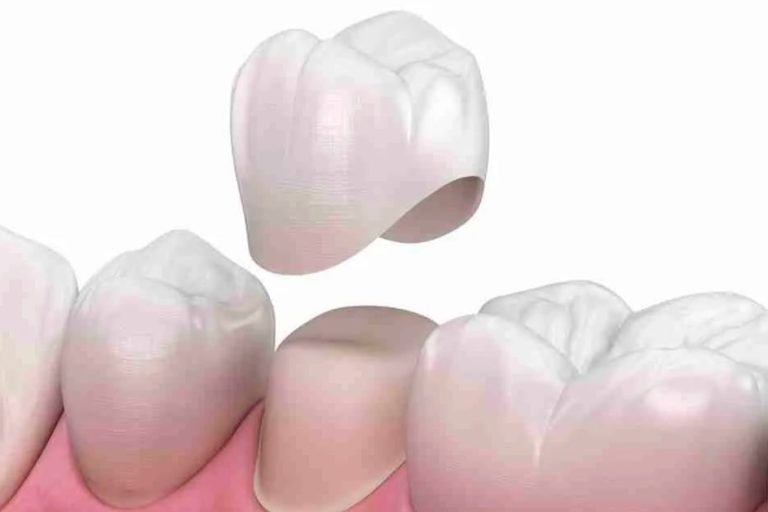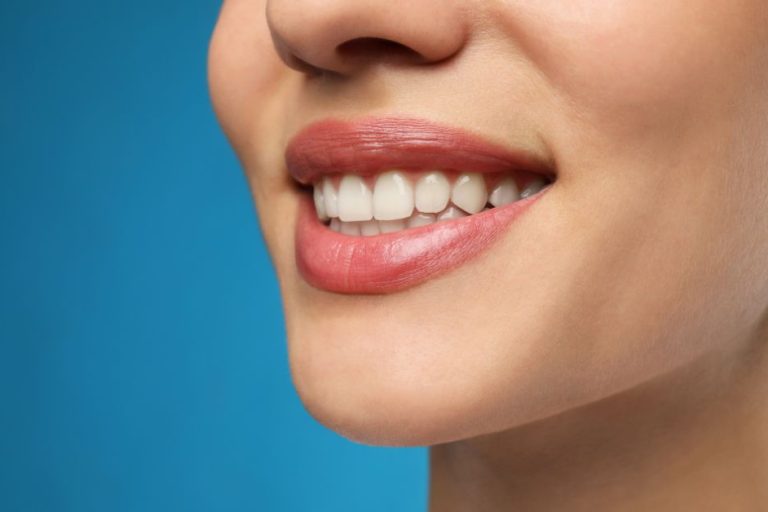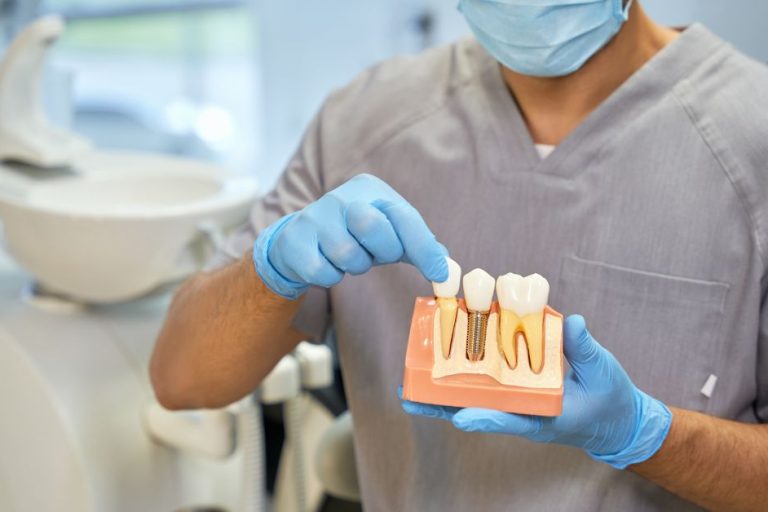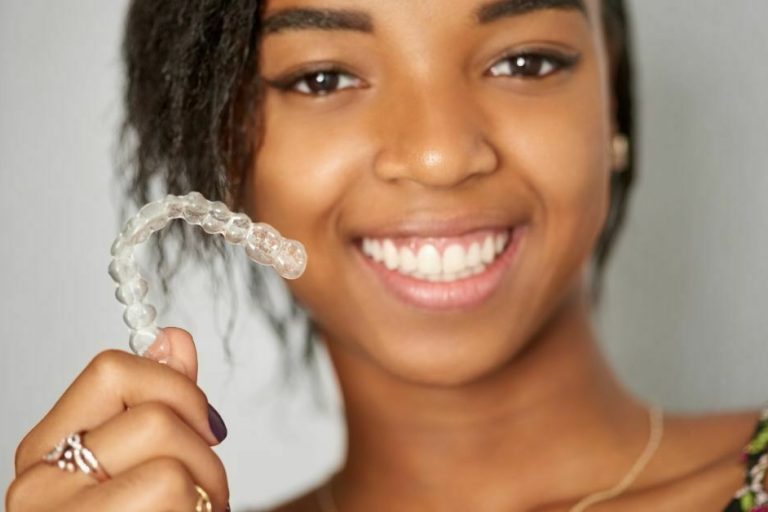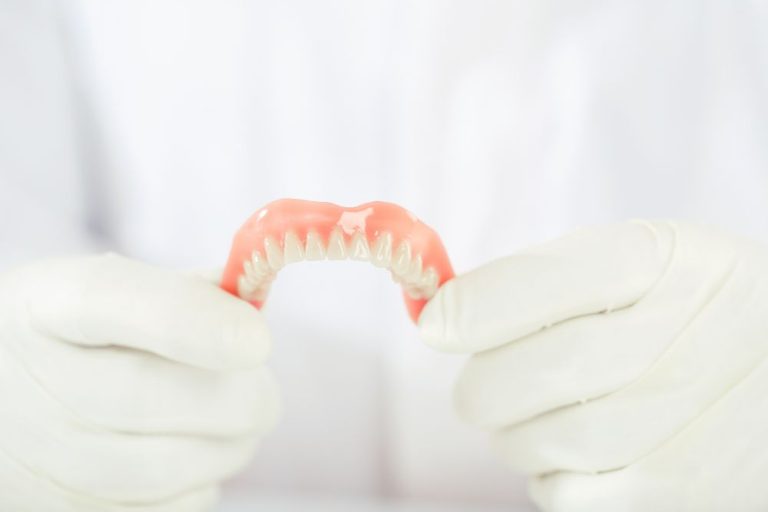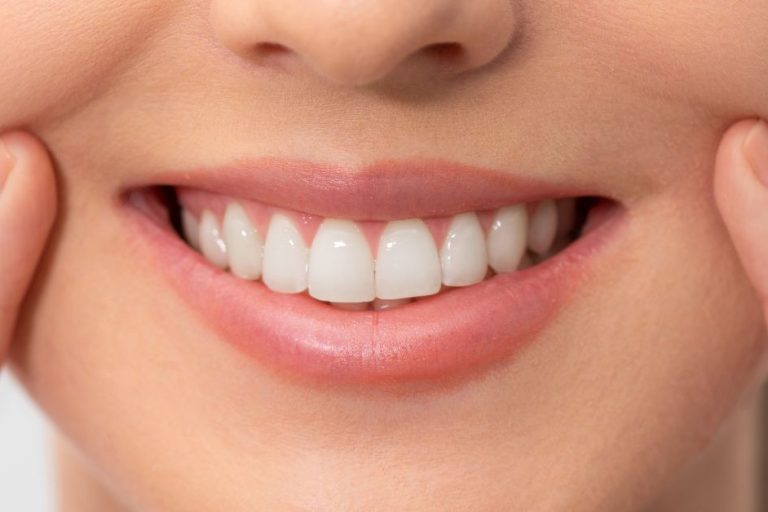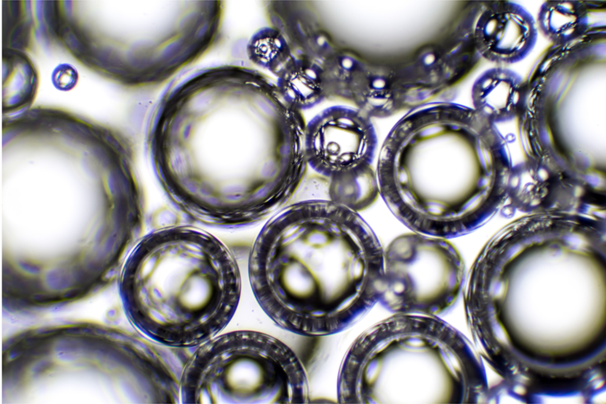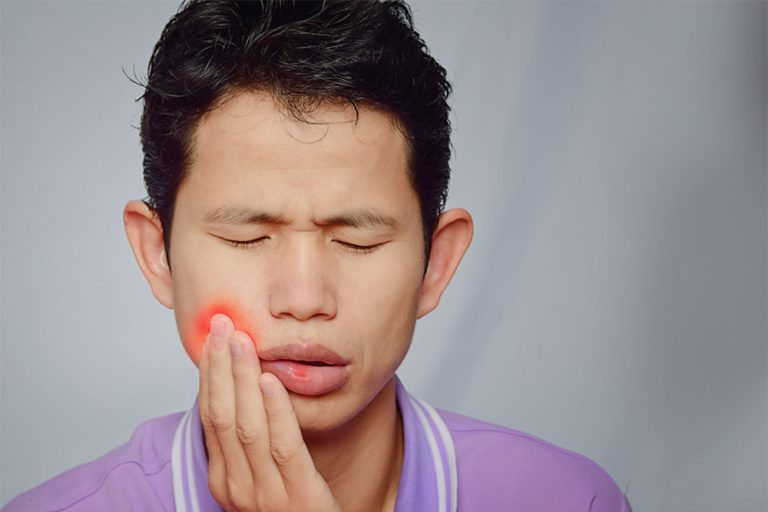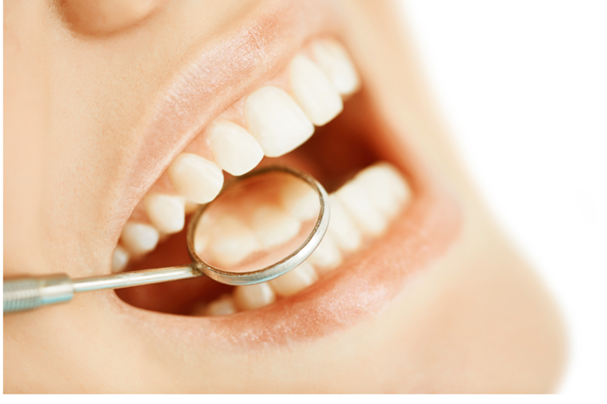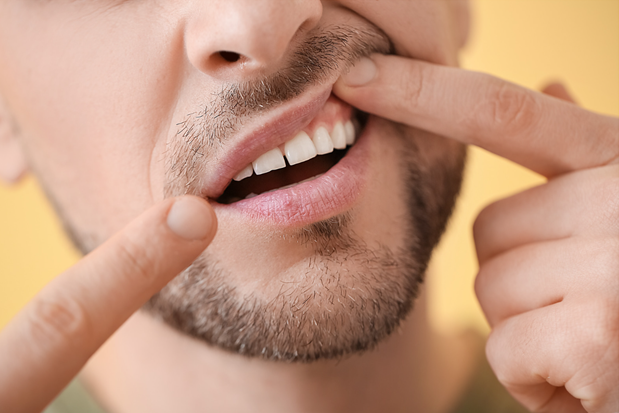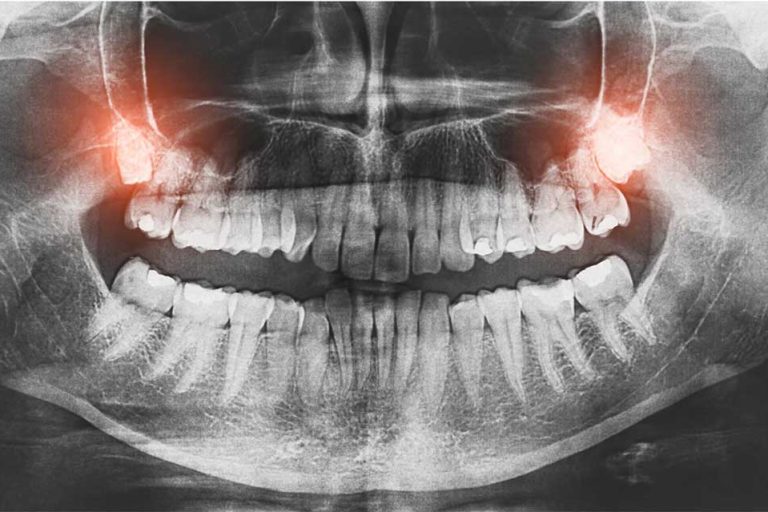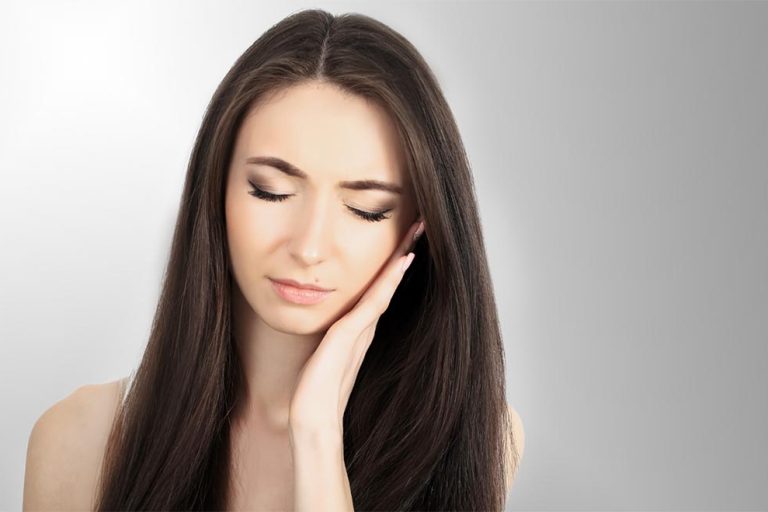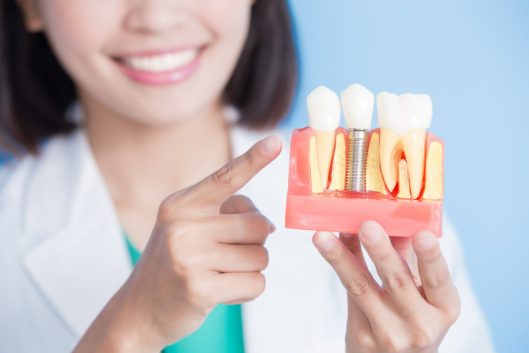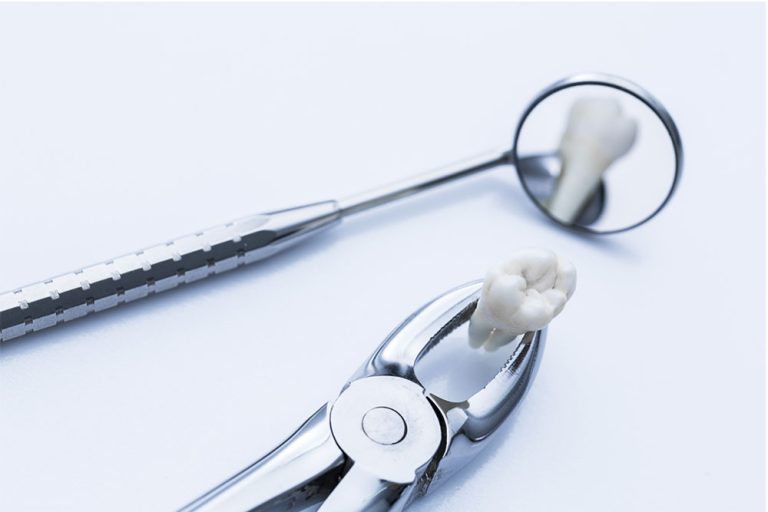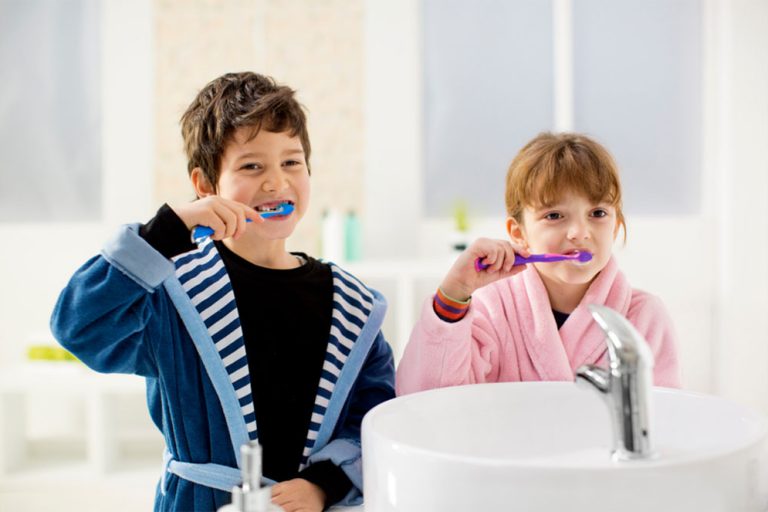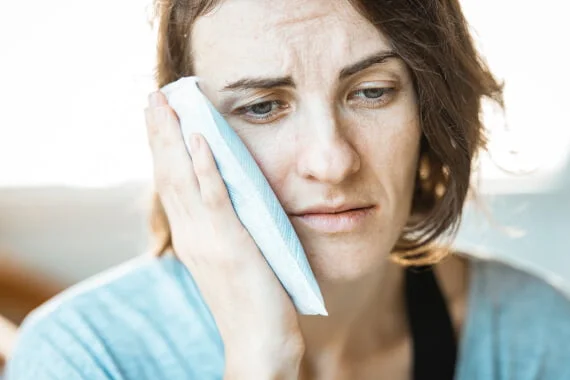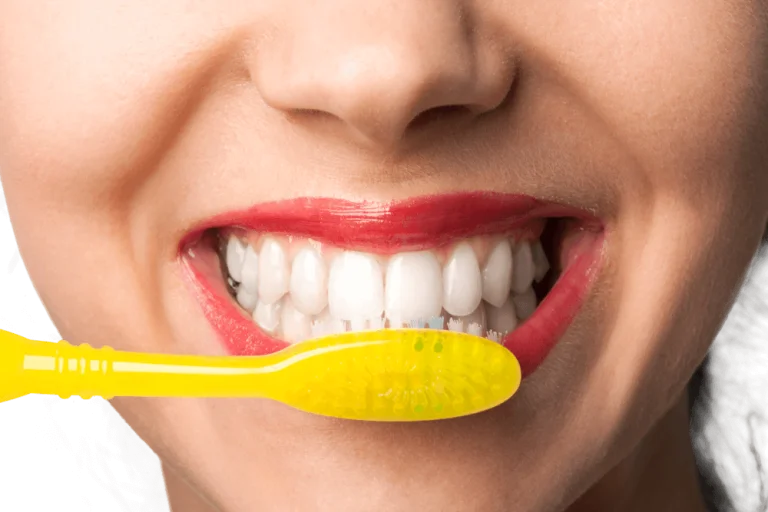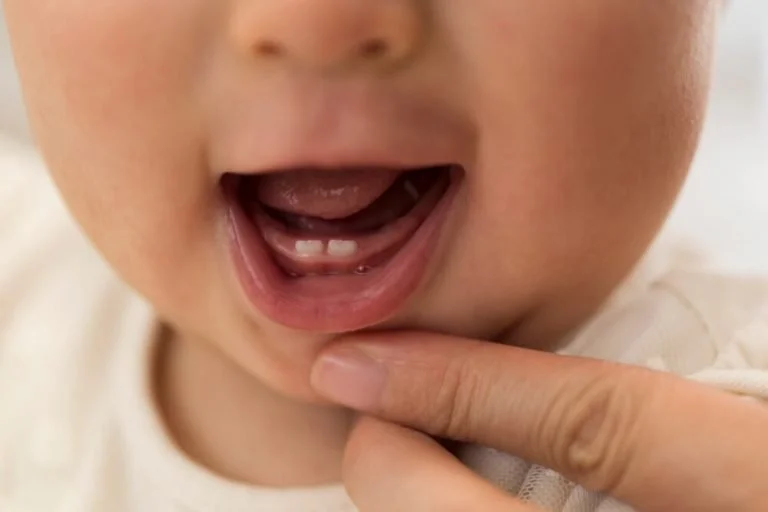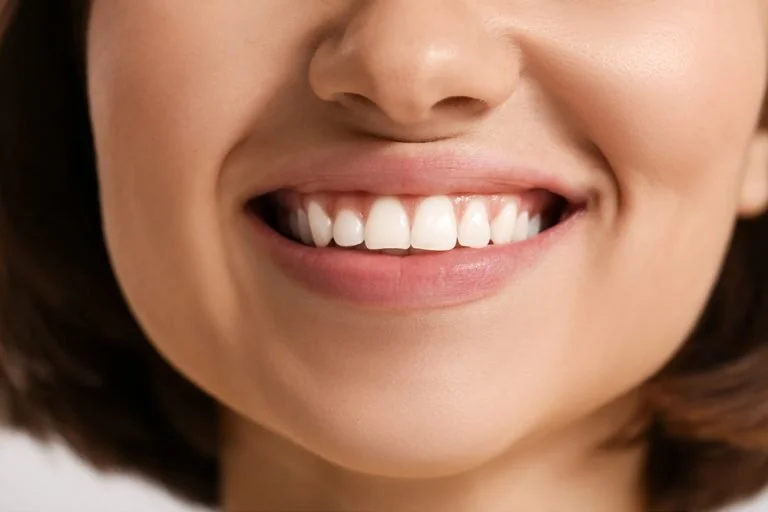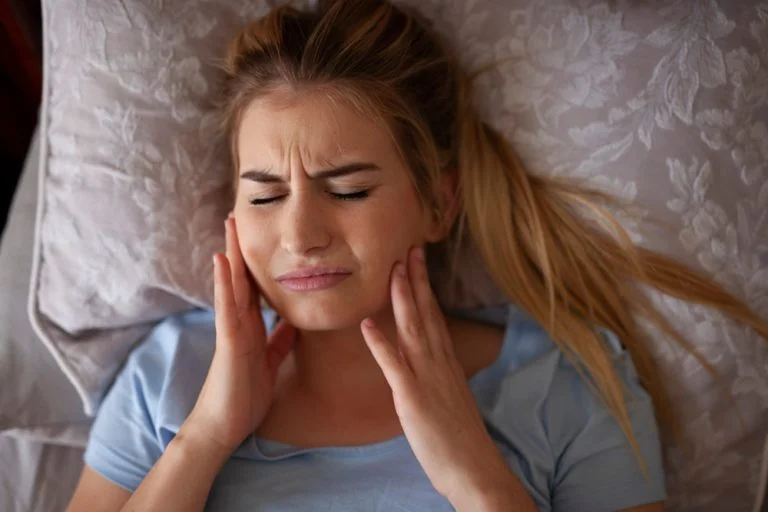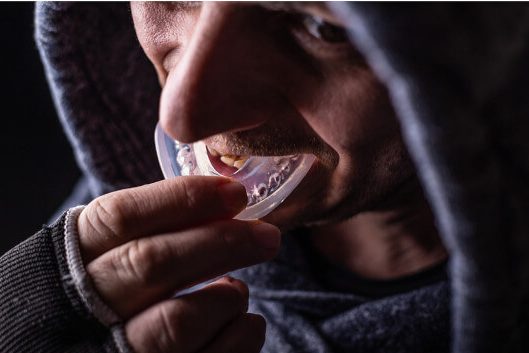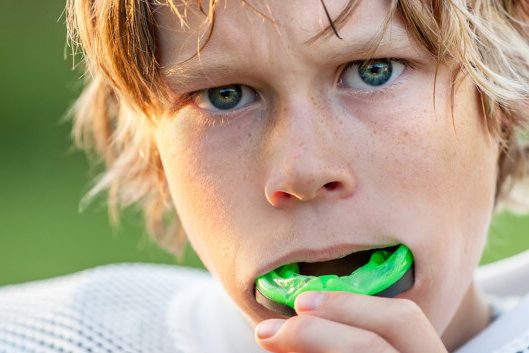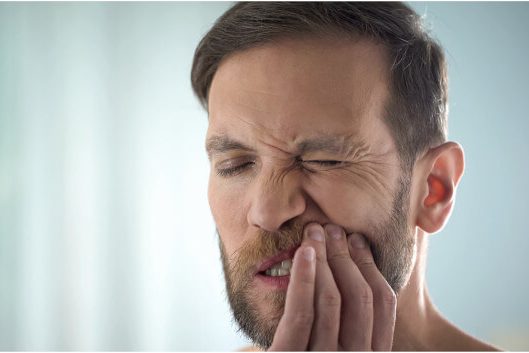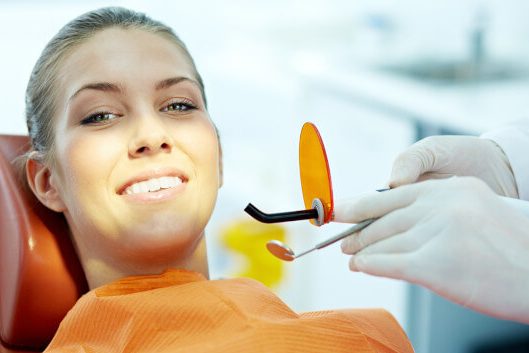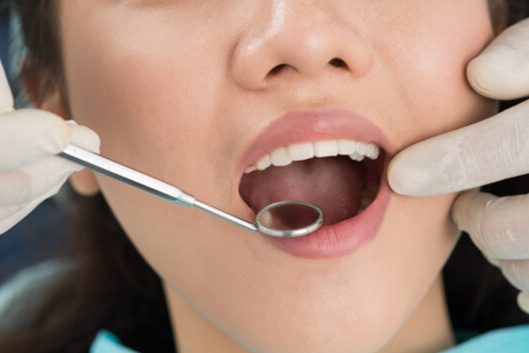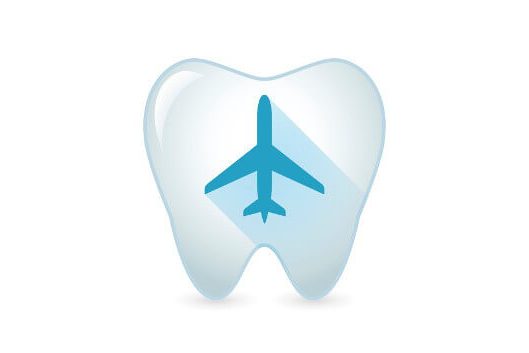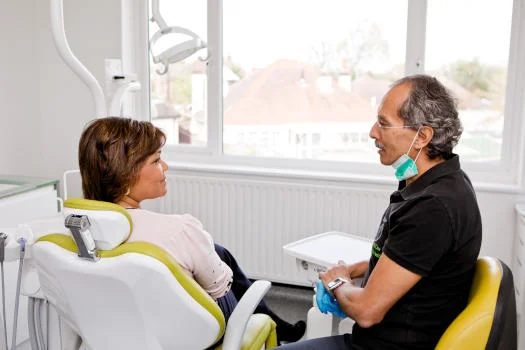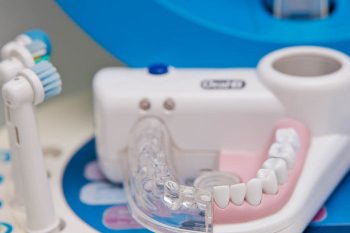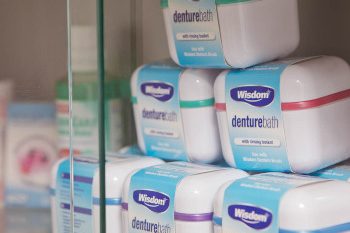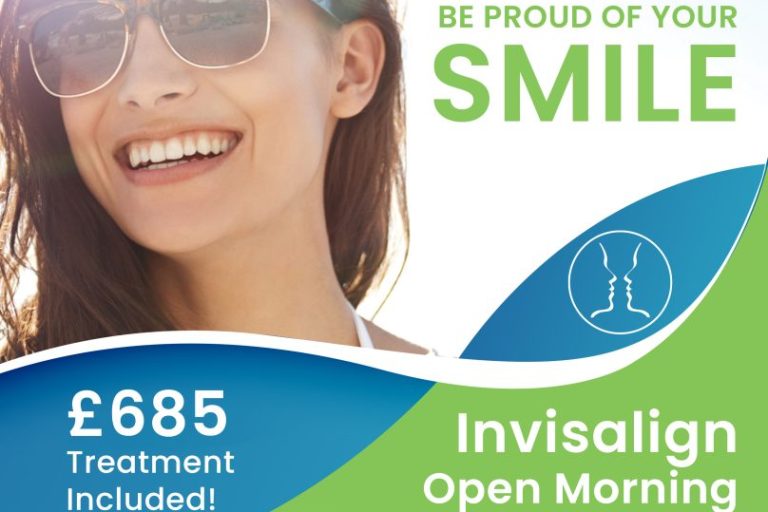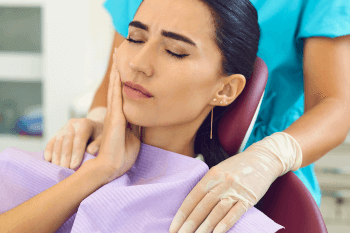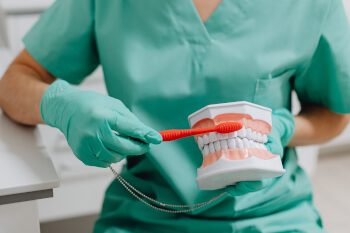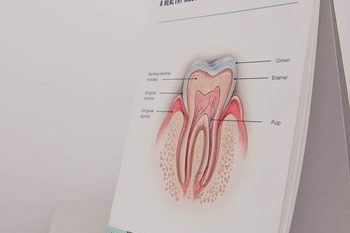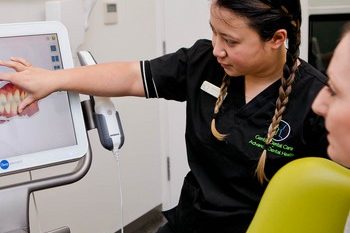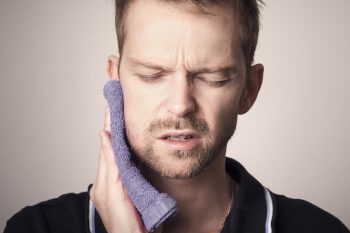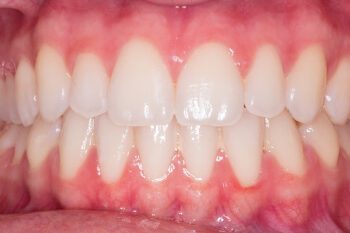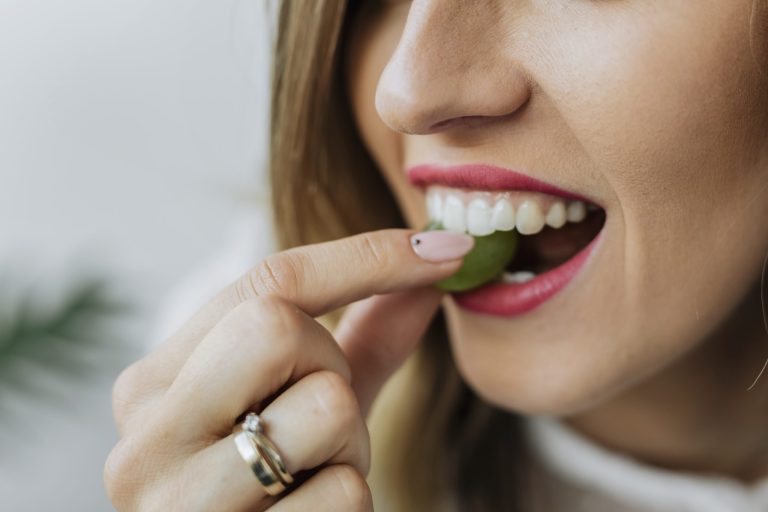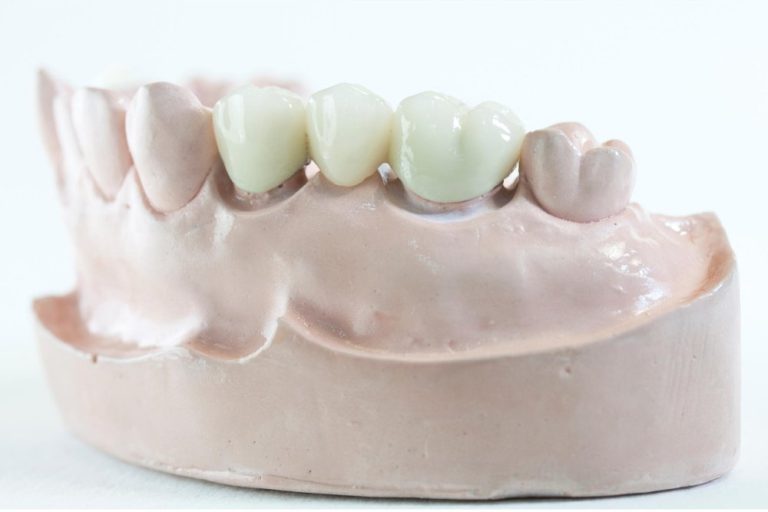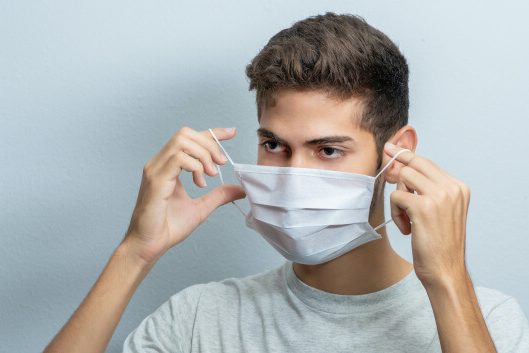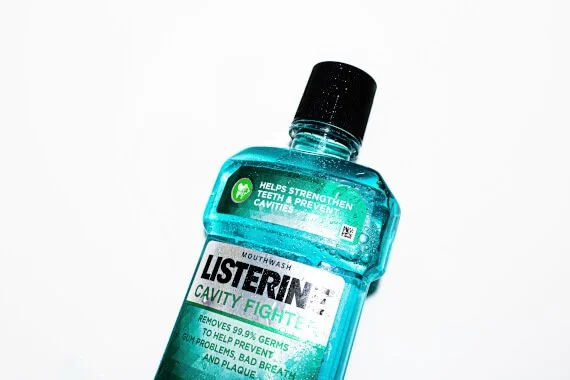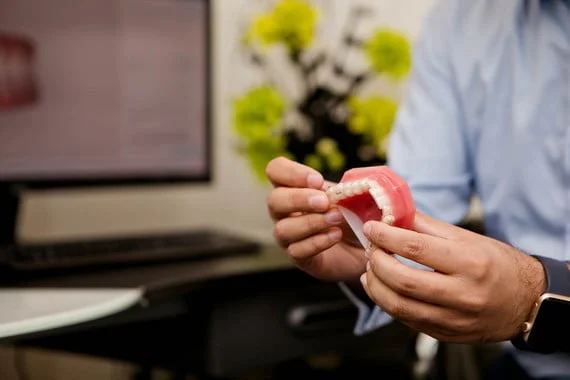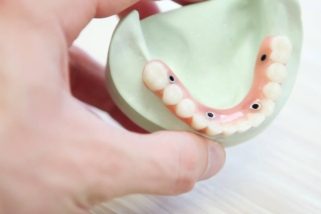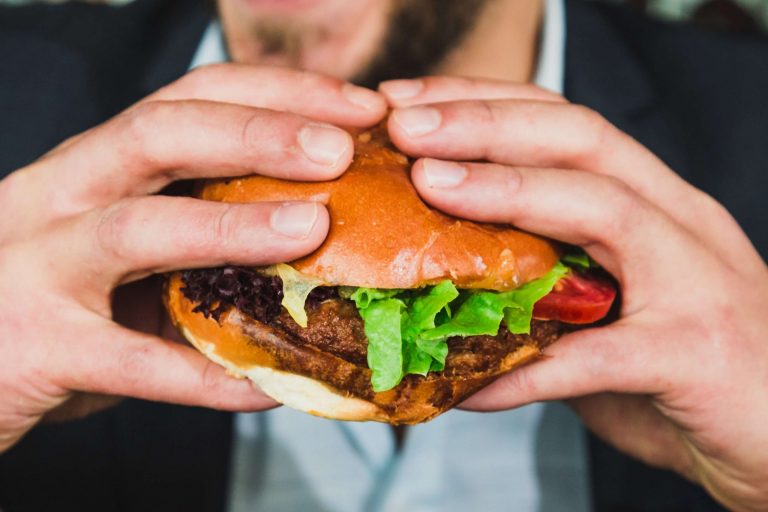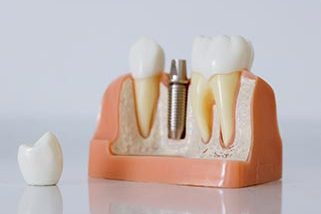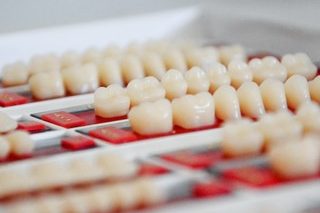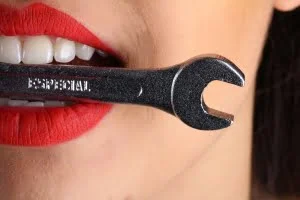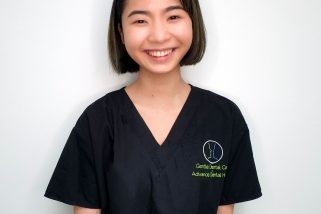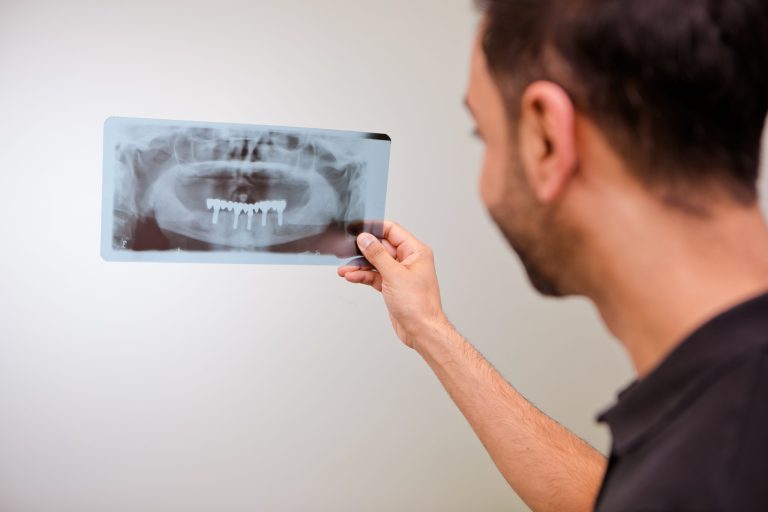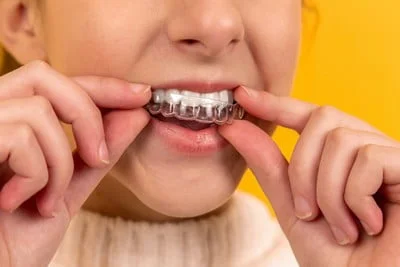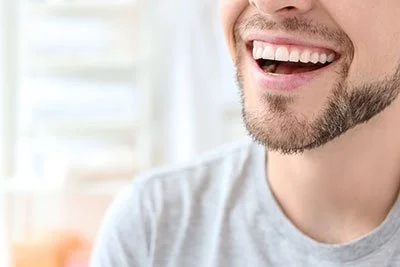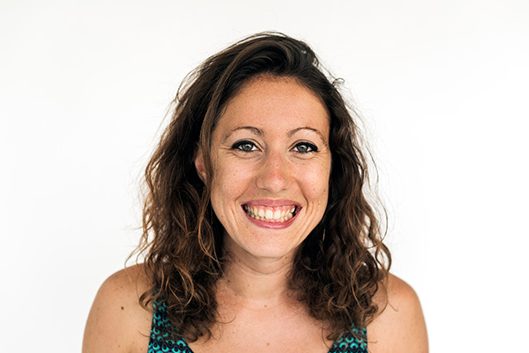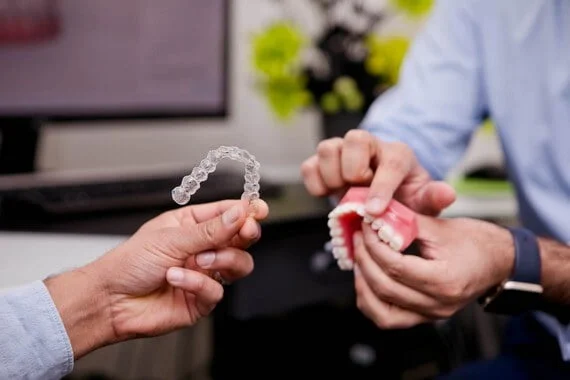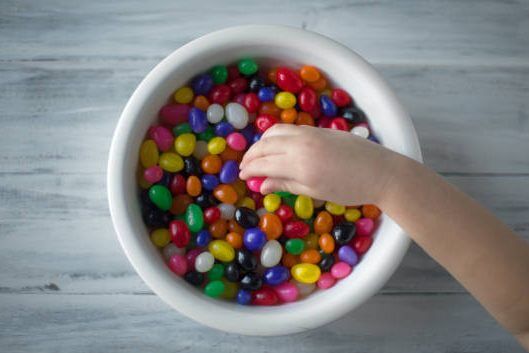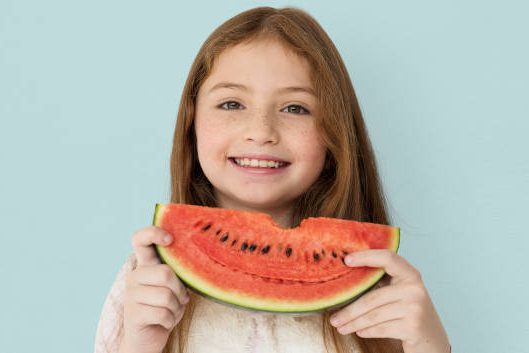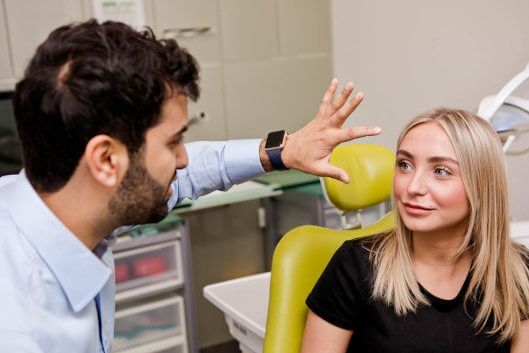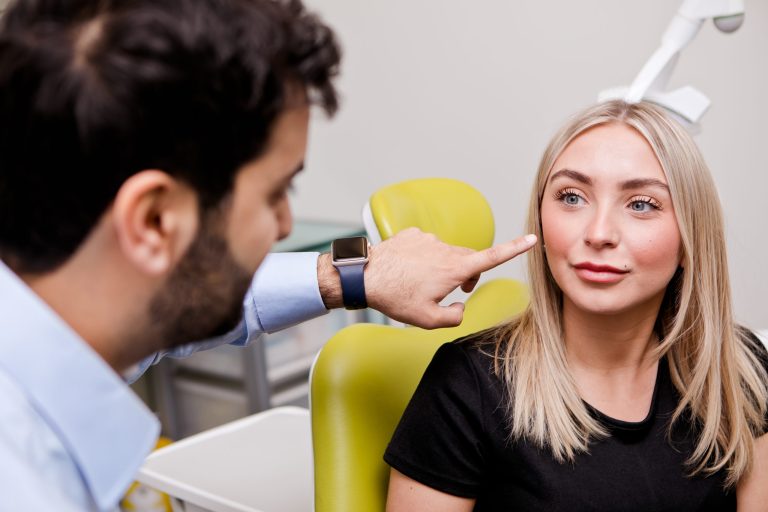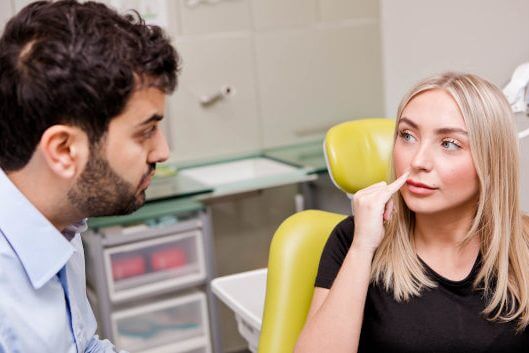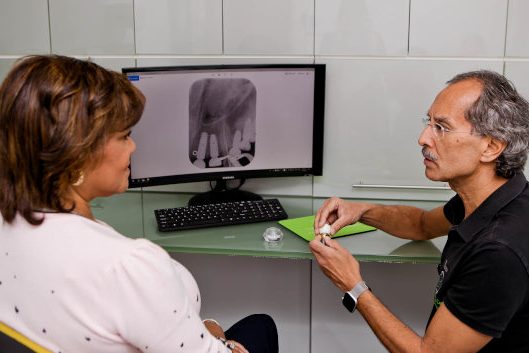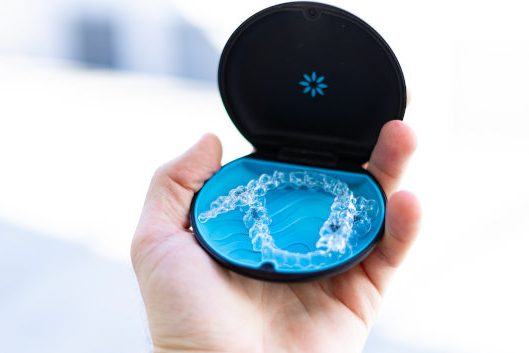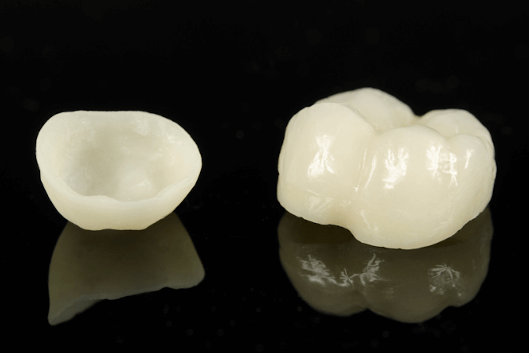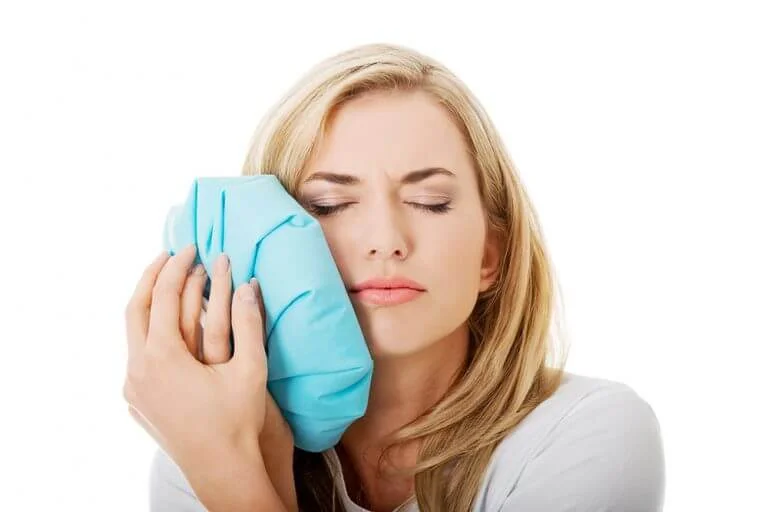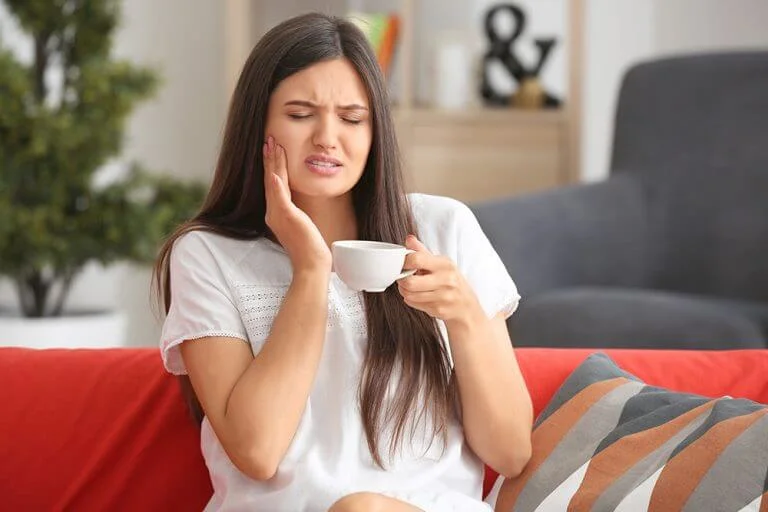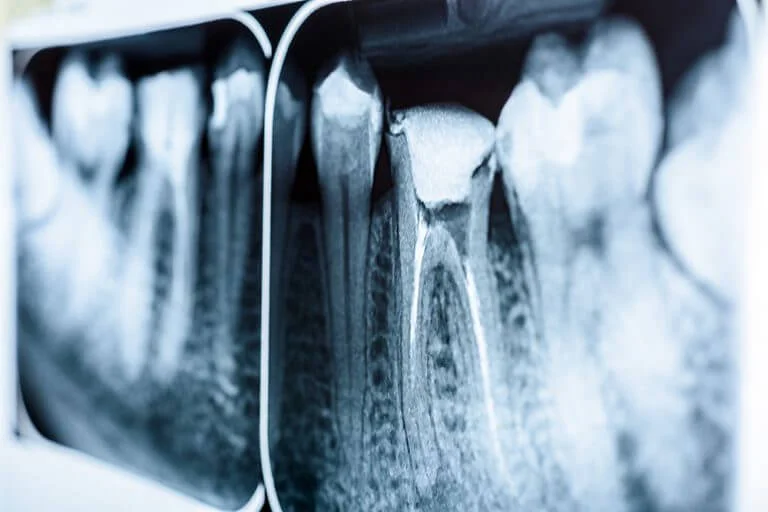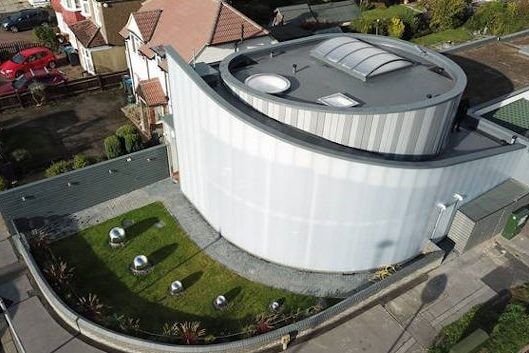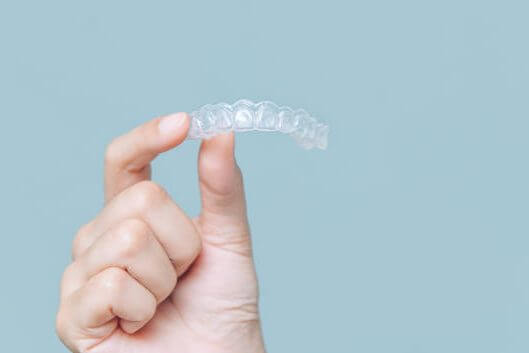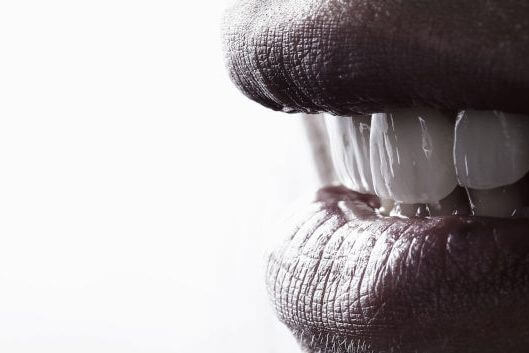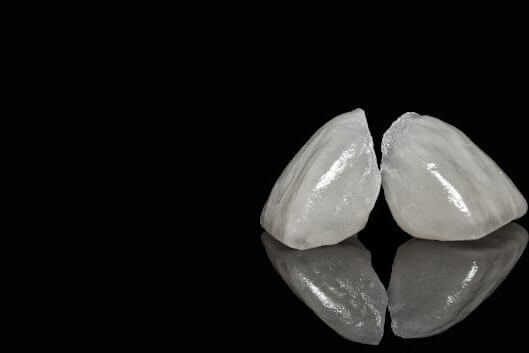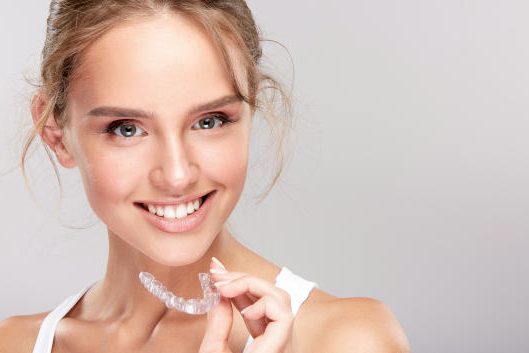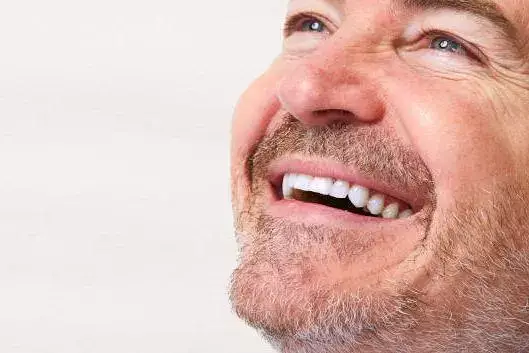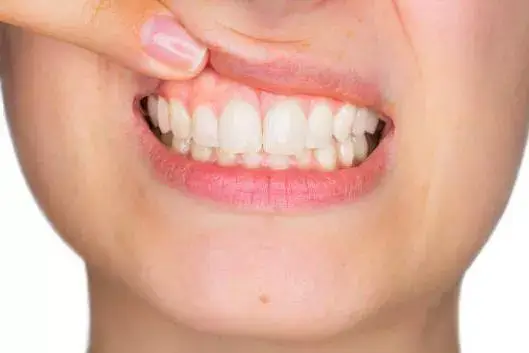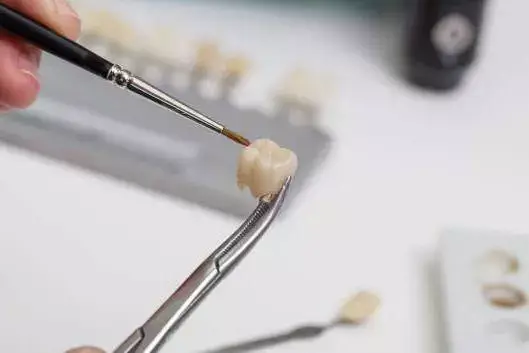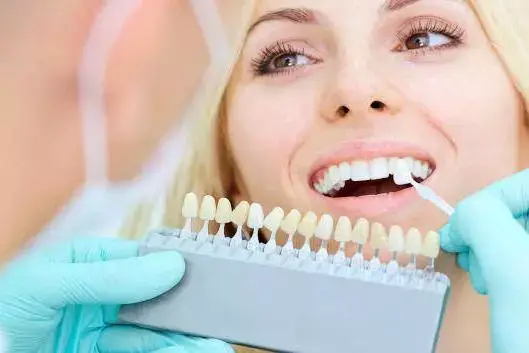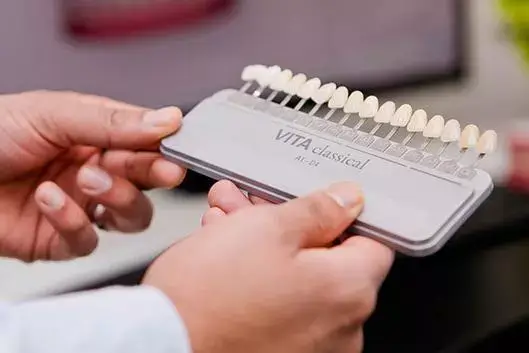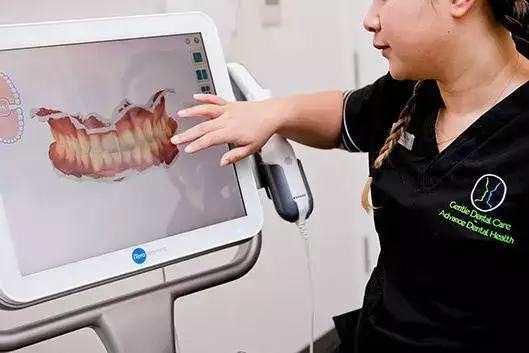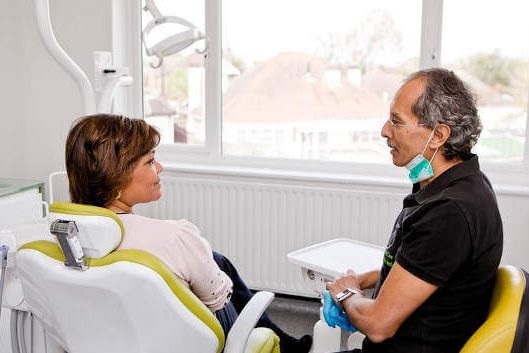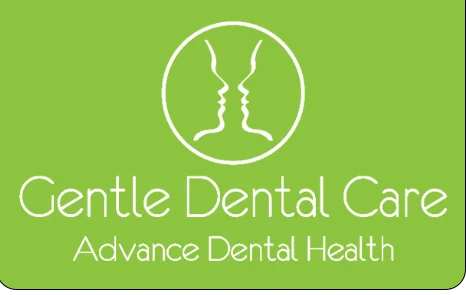Children’s teeth part two: Busting sugar myths and limiting sugar damage
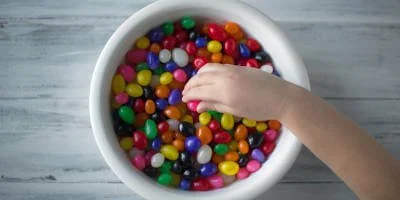 Last time, we explored why it is important to look after children’s teeth. In this blog our focus will continue to be on caring for children’s teeth as we share some great myths about sugar and some super tips on things you can do to ensure your children get the best start to lifelong teeth and gums.
Last time, we explored why it is important to look after children’s teeth. In this blog our focus will continue to be on caring for children’s teeth as we share some great myths about sugar and some super tips on things you can do to ensure your children get the best start to lifelong teeth and gums.
Sugar intake: quantity versus frequency
Sugar is the worst thing for your children’s teeth – it will literally make their teeth rot. The bacteria in your mouth feed off the sugars that you eat and drink and in turn, produce acid as a by-product. This acid dissolves the tooth tissue creating holes which are referred to as cavities. This is the process of tooth decay or caries as dentists call it. Once cavities are formed, it allows the bacteria a place to hide and cling to, allowing them to decay the tooth further.
Now, contrary to popular belief, it’s not really the amount of sugar that’s important – it’s the frequency you consume them. To put it simply, let us imagine we have two people – John and Fred. John has two chocolate bars a day and he eats them in one go, whereas Fred likes to nibble on two chocolate bars throughout the day. In this scenario, Fred has a much higher risk of getting tooth decay.
Why? I hear you say…
Well, this comes back to the bacterial acid production mentioned earlier. When you consume sugary foods, the bacteria will produce acid, and this causes decay. Your mouth normally reacts by producing saliva which will help in two ways. Firstly, it washes away the acid and secondly it neutralises it as well. This process takes around 30 minutes. So, if John has two chocolate bars at once then he will get one decaying attack in the whole day whereas if Fred nibbles on chocolate 10 times a day then he will have 5 hours of decaying attacks.
So, to some up – limit the number of times your children have sugary food/drinks per week.
It’s also worth remembering that diet control comes down to good parenting. Children do not have the knowledge to understand which foods are good or bad and will generally go for the sugary kind. It’s up to their parents to guide them well and to ensure sugary snacks are kept as a treat only. The simple thing to do is limit the number of sugary snacks you buy at the shops which means you have no choice no snack unhealthily when you are at home.
Hidden sugars
There are lots of foods and drinks that you think are healthy, but they are loaded with sugar. Now going back to the point raised above about reducing the frequency of sugar consumption – it doesn’t really matter how much sugar you have, even if it’s got a little bit, it will still cause a decaying attack. So, if you dilute sugary juice with water, it’s not going to benefit your children’s teeth too much!
Here are some of the leading food/drinks that have hidden sugars:
- Most fruit juices such as Ribena, cranberry, apple and orange juice all have a high amount of sugar and should not be considered a healthy substitute for squash.
- Cordial/squash has lots of sugar and as mentioned before it doesn’t make much difference if you dilute it more – it’s still going to cause pretty much the same amount of decay. The other thing to mention here is that some brands label the goods as “No added sugar” – this is mis-leading as it still has sugar in it which means you still get the decaying attacks mentioned before.
- Dried fruits, such as raisins – the sugars in dried fruit have become a lot more concentrated and are therefore worse for teeth compared to the fruit in its whole form. What’s more, the dried fruit is sticky and will cling to teeth more, which allows the bacteria to feed of it more readily.
- Breakfast bars
- Smoothies (see below)
So, does that mean fruits are bad for teeth?
The type of sugar in fruits is fructose and it’s not as cariogenic (decaying) as sucrose, which is contained in chocolate, fizzy drinks etc. In addition, as it’s contained in a whole form, protected by its cell membrane, the sugar is not as freely available for bacteria to feed on – your body has to break it down (in order to digest) and release these sugars, which is quite a slow process. However, when you make a smoothie or juice, the process will release these sugars and create a concentrated form of them which negates the healthy aspect of eating fruit.
How many times a day should children brush their teeth?
You should brush your children’s teeth with fluoride toothpaste at least twice daily. The most important time is before bedtime as during the night your saliva production is significantly reduced. During the day, saliva is doing the important job of washing away/killing the bacteria in your mouth but, at night, we are sleeping rather than eating so this does not tend to happen. Brushing your teeth before bedtime and at one other time during the day ensures that all the food/drinks you have eaten during the day do not continue to sit on your teeth for the whole night, feeding the bacteria. The worst thing you can do is have something sugary to eat or drink just before you go to bed and its equally bad if you consume foods/drinks during the night. I have heard many tales from patients who wake up and sip on diluted cordial throughout the night – this is a big no no!
Another important tip is to avoid rinsing after teeth have been brushed. The active ingredient in toothpaste (fluoride) works in a topical way which means it works when it is in contact with the teeth. If you rinse away all the toothpaste after brushing, then the effect is limited to those two minutes. However, if you leave it on the teeth, the beneficial effect will last much longer.
Visit the dentist frequently
We are not just saying this because we love seeing you! Visiting your dentist from an early age will instil good habits that your child will hopefully continue into adulthood. They will be able to get used to the environment and gain confidence if they need further treatment at some point in the future. Dentists will also apply a high strength fluoride paste at examination visits which successfully reduces decay rate.
Can children use a mouthwash?
The benefit of mouthwash is that it acts like an application of fluoride. Now, most people use it directly after brushing their teeth however, the benefit of this is minimal. The best time to use it is a completely different time to toothbrushing, like after school. This way you will get 2 applications of fluoride instead of one. It does not really matter which brand you use, just make sure it is mild enough for children, alcohol free and it has fluoride in it.
Parents should help brush (or supervise brushing) their children’s teeth
Children do not have the manual skills or knowledge of how to clean teeth in the proper way. We recommend you supervise your children’s brushing to ensure they have done a good and thorough job. It is also best to check and clean the area’s they have missed as well.
So, it’s true, sugar can cause a lot of damage to teeth, but by simply reducing how often children consume it, making a few snack and juice swaps, and brushing regularly (with supervision) you will be taking some very positive steps towards teaching your children lifelong dental habits that will really pay off. Our child friendly dental environment is loved by our patients. If you would like to book a consultation for children’s dentistry simply, contact us to arrange, and we will book your child in for free.
Sources:
Moynihan PJ, Kelly S.A.M, (2013). Effect on Caries of restricting sugar intake: systematic review to inform WHO guidelines, Journal of Dental Research 93 (1) 8-18.
Marinho VCC, Higgins JPT, Logan S, Sheiham A. Fluoride toothpastes for preventing dental caries in children and adolescents. Cochrane Database of Systematic Reviews 2003, Issue 1. Art. No.: CD002278. DOI: 10.1002/14651858. CD002278.
Duckworth RM, Moore SS., (2001). Salivary fluoride concentrations after overnight use of toothpastes. Caries Res. 35: 285.
Chestnutt IG, Schafer F, Jacobson AP, Stephen KW., (1998). The influence of toothbrushing frequency and post-brushing rinsing on caries experience in a caries clinical trial. Community Dent Oral Epidermal. 26 (6): 406-411.
Call 020 3925 3846 or fill in our form to enquire about your consultation.
